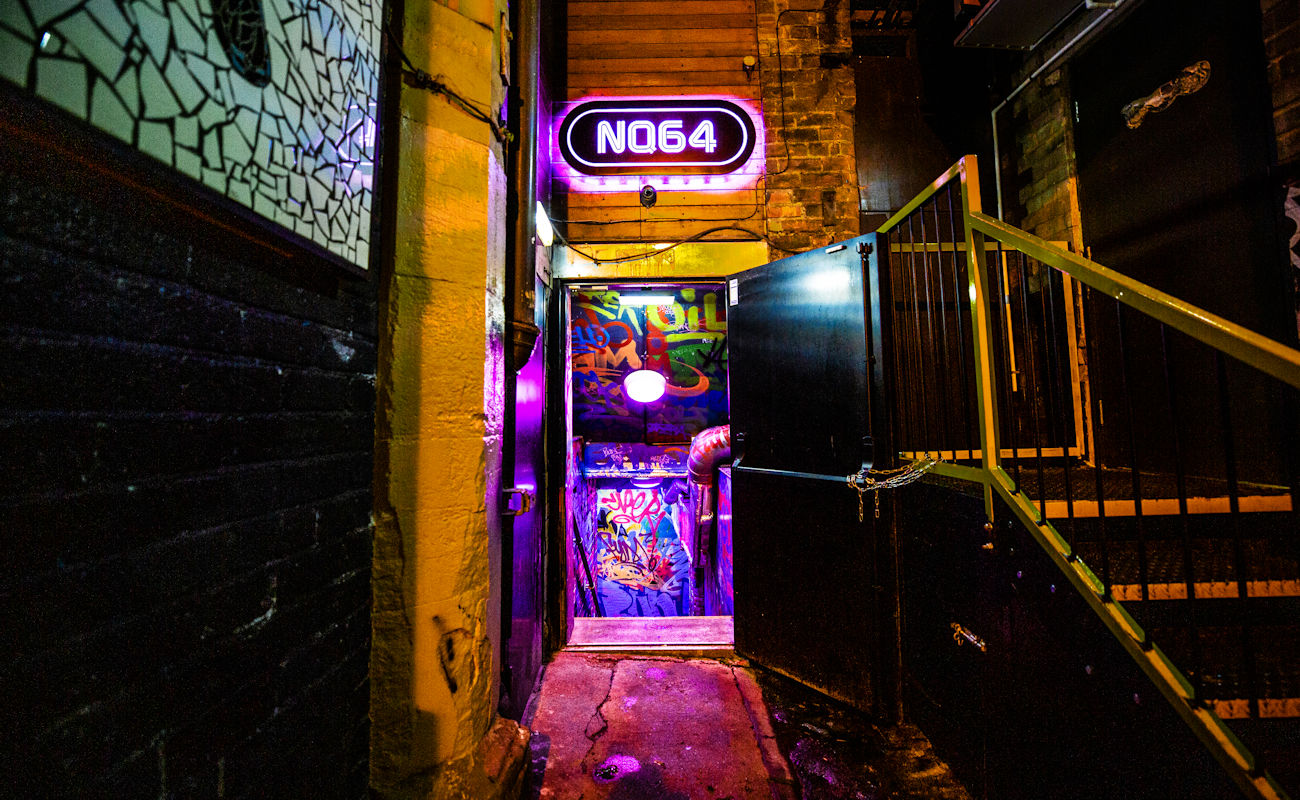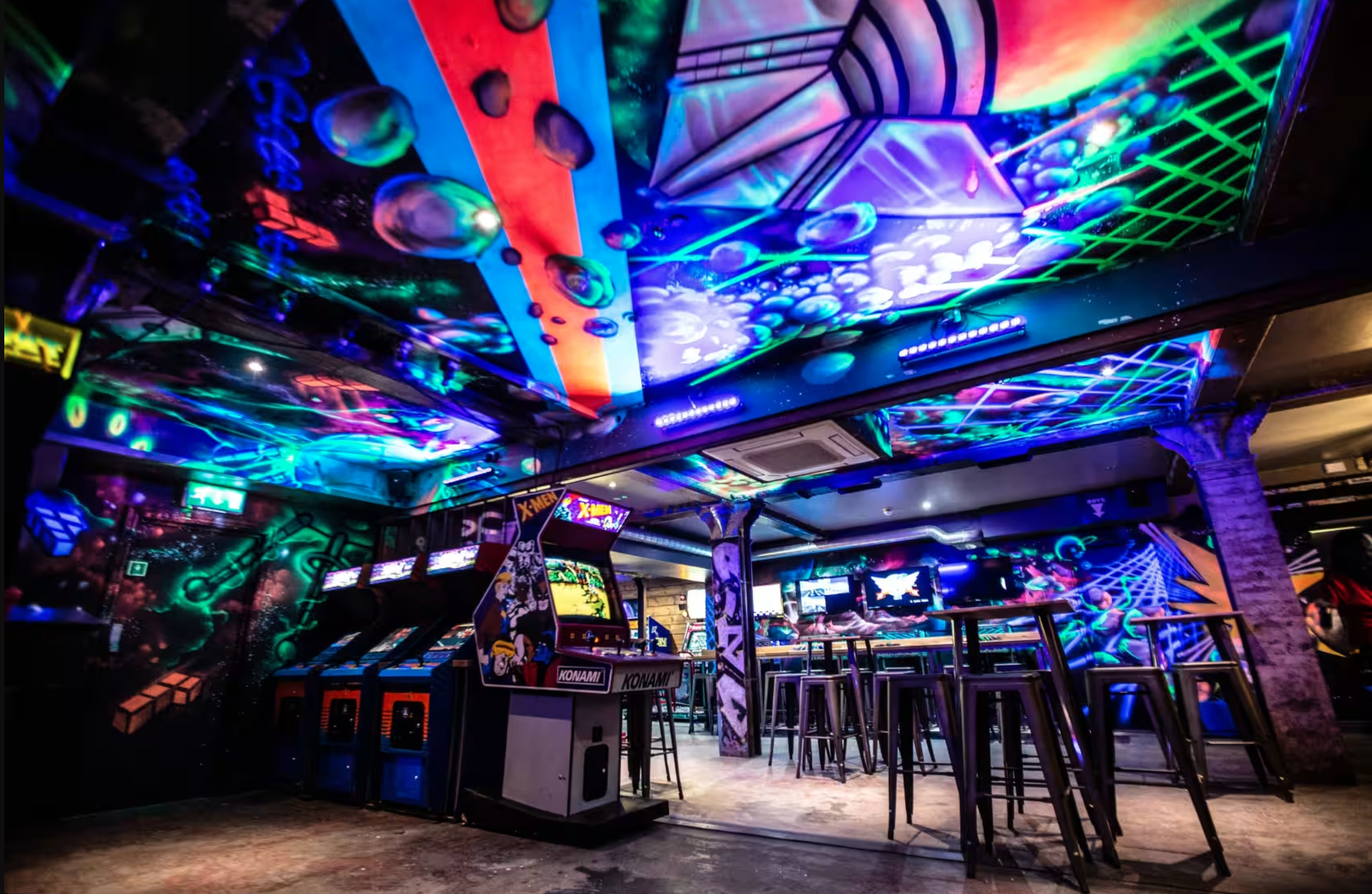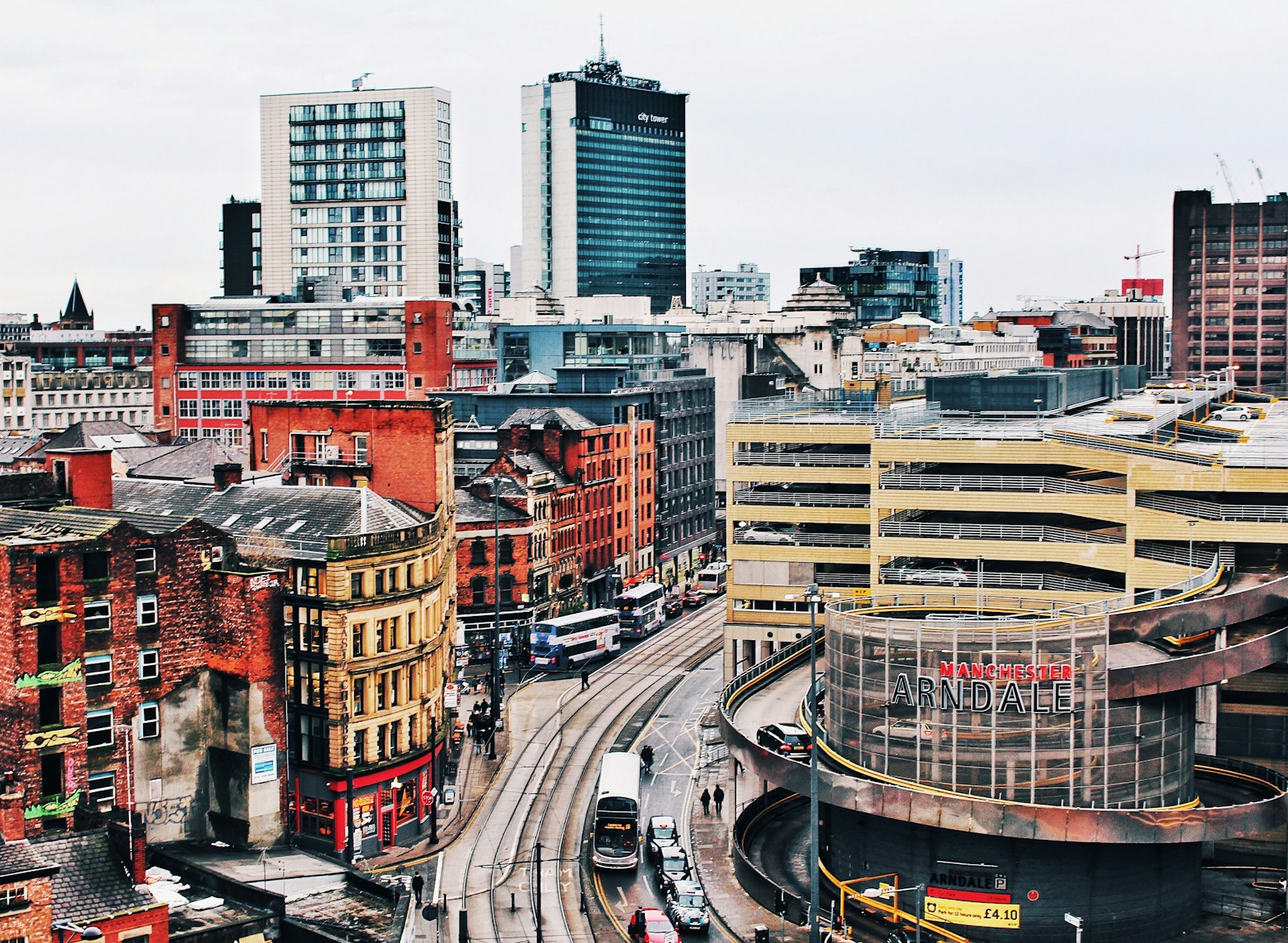As secondary towns across the UK face challenges such as declining high streets and vacant retail spaces, the opportunity for economic growth through tourism and cultural investment has become more pressing.
With government funding initiatives like the “Long-Term Plan for Towns” and increased attention from VisitBritain, local councils can attract new visitors and creatively repurpose vacant spaces.
By focusing on investment in attractions and converting empty retail units into creative incubators or cultural hubs, secondary towns can foster long-term economic growth and community revitalisation.
Understanding the Opportunity
While London and other major cities dominate the UK tourism landscape, secondary towns have untapped potential. VisitBritain’s campaigns for 2024 aim to showcase lesser-known destinations, drawing attention to the UK’s regional diversity.
Government funding, including up to £20 million per town from the Long-Term Plan for Towns, provides financial support to regenerate high streets, attract tourism, and create vibrant cultural scenes.
A key challenge for many secondary towns is the prevalence of large, vacant retail units left behind by the decline of brick-and-mortar stores. However, this challenge presents a unique opportunity.
By converting these spaces into creative incubators, cultural hubs, or immersive attractions, towns can draw both tourists and local creatives, breathing new life into underused areas.
Addressing the Challenges
Secondary towns often face several barriers to attracting tourists, including limited infrastructure, poor transport links, and a lack of well-developed tourist accommodations.
Additionally, the rise of online shopping has left many town centres with empty retail units, which can be seen as detracting from the overall vibrancy of these areas. However, with strategic investment and creative thinking, these challenges can be turned into opportunities.
By converting vacant retail spaces into attractions—such as galleries, co-working spaces, and performance venues—towns can create new cultural anchors that draw visitors and provide a platform for local talent.
Large empty stores, for example, could house immersive art installations, indoor markets, or creative start-ups, generating footfall and revitalising town centres according to the Local Government Association and Capita.
Solutions and Strategies
Investing in Cultural Attractions Developing and supporting cultural assets—whether historic sites, local festivals, or arts-focused incubators—will be crucial in attracting tourism. Towns like Margate have successfully revived their economies by investing in cultural landmarks like the Turner Contemporary and hosting seasonal events that draw visitors year-round. Councils should identify and promote local assets that differentiate their town from others, offering unique cultural experiences.
Repurposing Vacant Retail Units as Creative Incubators Vacant retail units offer a unique opportunity to repurpose large, flexible spaces for creative industries. Towns could encourage the creation of incubators that offer affordable workspace for local artists, start-ups, and entrepreneurs. These hubs can foster innovation and collaboration while also providing spaces for exhibitions, pop-up markets, and community events. Such projects not only bring life back to empty buildings but also create new jobs and attract a steady flow of visitors.
Creative incubators can act as cultural landmarks in themselves. By supporting local talent and creative businesses, councils can cultivate an entrepreneurial ecosystem that encourages tourism and long-term investment in the area.
Infrastructure Development and Accessibility Improving transport links and accommodations is essential for towns to become more accessible to tourists. Local councils should prioritize public transport improvements, pedestrian-friendly streets, and the development of new accommodations, such as boutique hotels or hostels, to cater to visitors. Additionally, by investing in public spaces like parks or pedestrian zones, councils can create inviting environments that complement cultural attractions.
Leveraging Government and Private Funding With the Long-Term Plan for Towns offering up to £20 million per town, councils have the financial backing to invest in sustainable tourism strategies. However, public funding should be paired with private investment to ensure long-term success. Encouraging public-private partnerships, particularly for converting vacant spaces, will allow towns to draw from a wider pool of resources. Offering incentives, such as tax breaks or grants, can also help attract businesses and investors to participate in these revitalization projects.
Year-Round Tourism Strategies To avoid the trap of seasonal tourism, councils should focus on creating attractions that appeal to visitors year-round. Hosting indoor events, festivals, and pop-up markets in repurposed retail spaces can keep footfall consistent, even during off-peak months. Similarly, leveraging natural assets, such as rivers or parks, alongside cultural hubs can draw a broad range of tourists throughout the year.
Conclusion: Revitalizing Towns Through Strategic Investment and Creativity
For local councils in secondary towns, the key to economic revitalization lies in creatively repurposing vacant spaces and investing in cultural attractions.
By converting unused retail units into creative incubators, immersive attractions, or community hubs, councils can address declining high streets while cultivating long-term growth.
With the right strategy, secondary towns can position themselves as vibrant cultural destinations that attract domestic and international tourists.
By leveraging government funding, fostering public-private partnerships, and focusing on year-round attractions, these towns can ensure their place in the future of the UK’s tourism economy.
Related Content
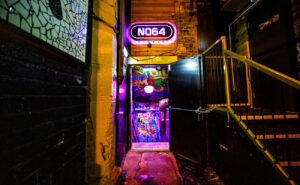
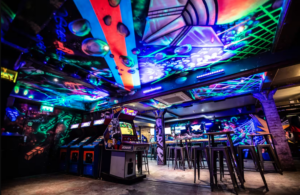
Impact Assessment: NQ64 Manchester
Impact Assessment of NQ64’s Contribution to the Local Economy and Cultural Scene in Manchester NQ64, an innovative bar concept that combines retro arcade games with a neon-lit bar atmosphere, has become a staple of Manchester’s nightlife and cultural scene. By offering a nostalgic experience paired with a unique aesthetic, NQ64
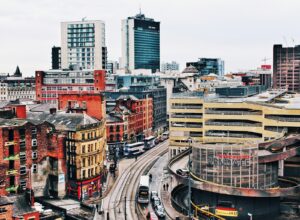
Spotlight – Manchester: A Rising Star in the World of Immersive Entertainment and Social Experiences
Manchester, historically known for its industrial heritage, music scene, and sporting culture, has evolved into one of the UK’s most exciting cities for immersive entertainment and competitive socialising. Combining its deep creative roots with cutting-edge technology, Manchester has become a rising star in the immersive entertainment sector, offering a diverse

Impact Assessment: Puttshack, Chicago, IL
Puttshack, known for its tech-driven mini-golf experience and upscale social atmosphere, has quickly become a popular destination in Oakbrook, a suburb of Chicago. By combining innovative mini-golf with a vibrant food and drink menu, Puttshack appeals to a broad audience, including families, young adults, and corporate groups. Its unique concept

Thoughts: Why UK Experience Economy Leaders Emigrate Rather Than Expand To Secondary Towns, and What Can Be Done About It
Why Do the UK’s Innovative Experience Economy Producers Focus on the USA After Launching in London, Rather than Secondary Towns? The UK’s experience economy is booming, driven by the rise of immersive entertainment, competitive socialising, and experiential art installations. Pioneering producers such as Phantom Peak, Swingers, Secret Cinema, Punchdrunk, and Otherworld

